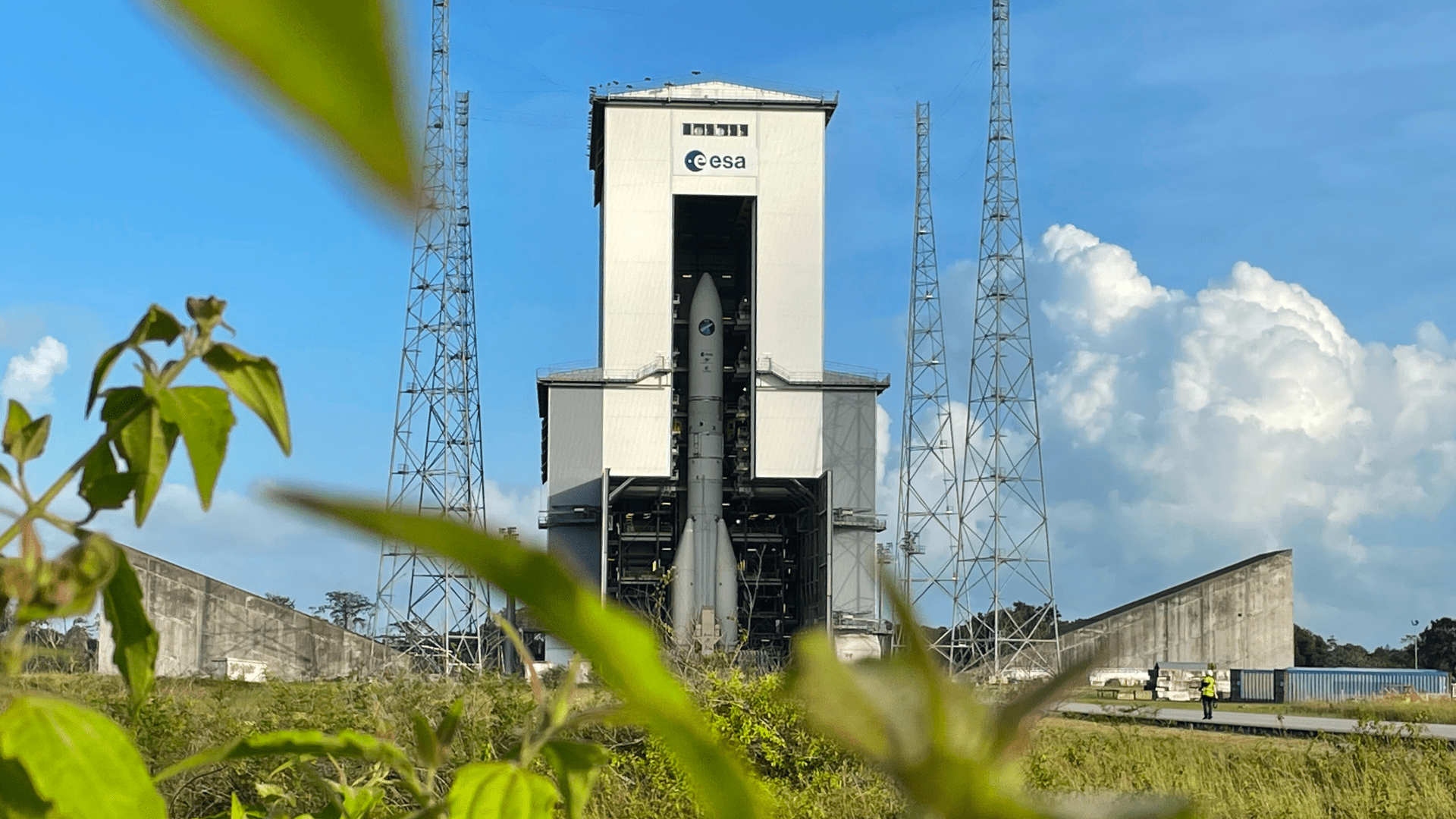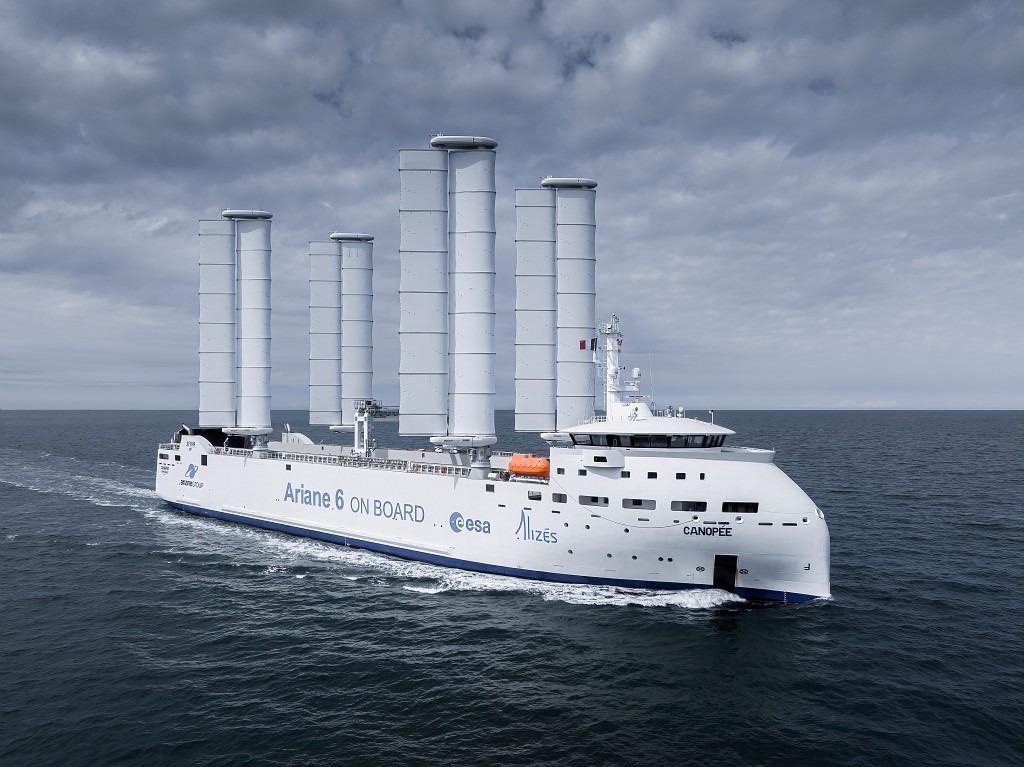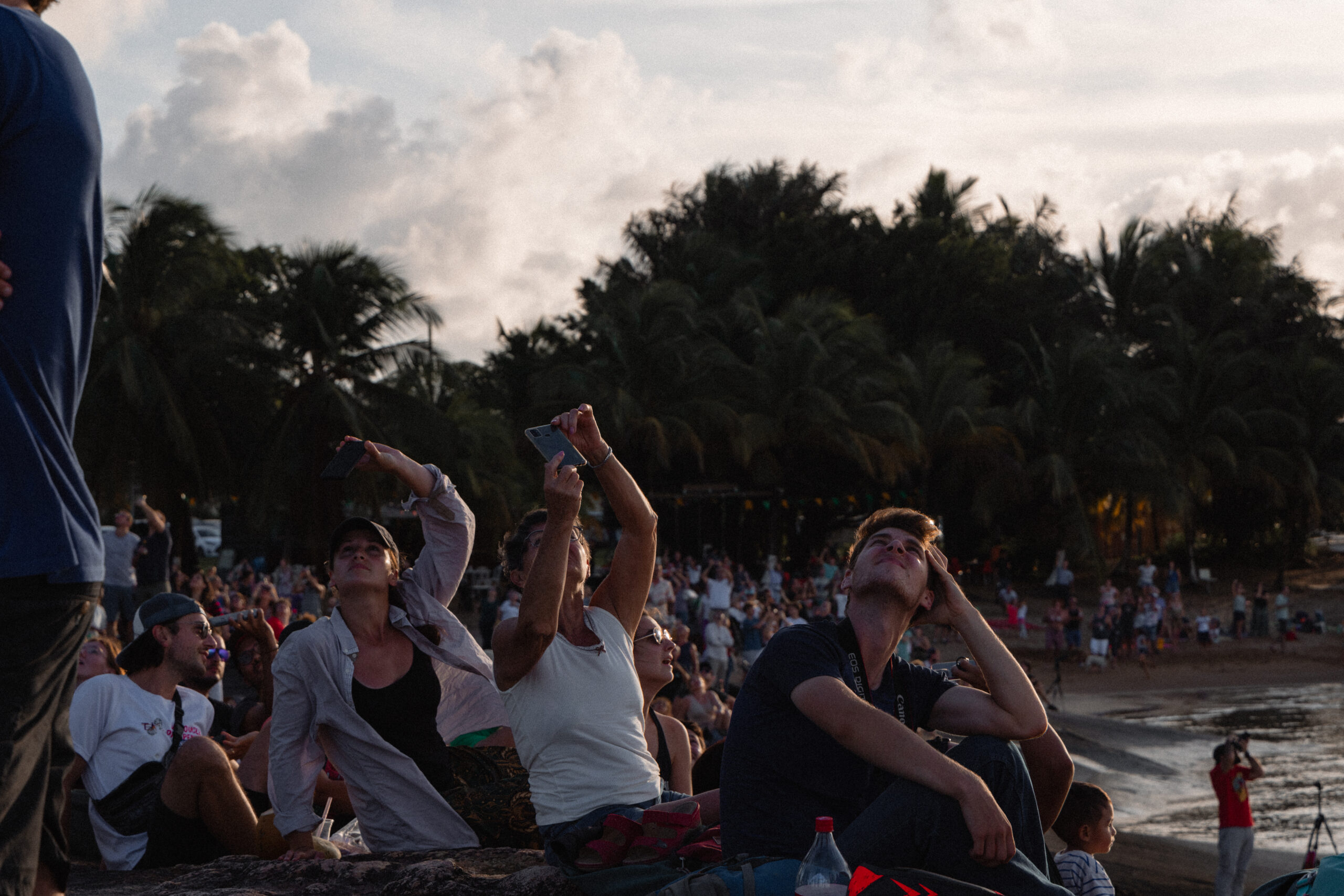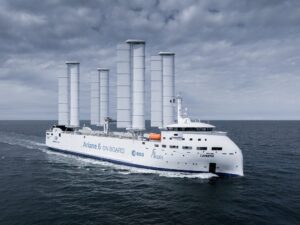ArianeGroup working for a sustainable planet
“We are pioneering the European way to space, for the well-being of all people in a safer world.” As a European industrial group and corporate citizen serving public and sovereign needs, ArianeGroup is aware of its responsibilities as a business. We are committed to ensuring that access to space benefits the Earth’s sustainability and our planet’s inhabitants.

A CSR approach at the heart of our missions and strategy

Our commitments to society aim for continuous improvement and progress, so that our activities contribute to a better future. In our digitised economies, space technologies clearly have many benefits for our everyday lives. The space infrastructures put into orbit by our launchers are crucial for modelling climate change, measuring its impact on biodiversity and preventing its negative effects. They also contribute to more efficient management of resources such as water, forests and energy, and to improved weather forecasting. They are a key tool for achieving the United Nations’ Sustainable Development Goals (SDGs) and supporting the European Green Deal. In an uncertain and changing world, we also believe that preserving peace and protecting the people of Europe lie at the very heart of the role we play in sovereignty, in particular by contributing to the French deterrence strategy.
Three pillars: Space for humankind, Space for the environment, and Space for progress

Space for humankind: The human dimension is embodied in a number of ways at ArianeGroup. First and foremost, the passion and spirit of European collaboration that inspire our 8,000 employees, with the aim of securing sovereign access to space and protecting people. The health and safety of our teams and of everyone who contributes to our value chain is an absolute priority. Our company-wide Health, Safety and Environment (HSE) policy is based on firm commitments to strictly comply with all legal requirements, to protect human life and biodiversity, and to give our employees a safe and positive workplace environment. We drive the performance of our HSE policy through ongoing training and regular audits. The company has signed agreements on Quality of Working Life (QWL) and Psychosocial Risk Prevention with its social partners. We have also introduced a diversity and inclusion policy that includes specific measures for people with disabilities, in terms of recruitment, retention and career development.

Download our Health, Safety and Environment Policy
Download fileAt ArianeGroup, ethics and compliance are key concerns, in line with the high expectations of our employees and stakeholders in these areas. Together with our subsidiaries, we have developed a plan for our corporate duty of vigilance and defined actions to identify risks and prevent serious violations of human rights and fundamental freedoms, as well as harm caused to health, safety and the environment by our business. This plan includes subcontractor and supplier relations. Each year, we publish a report on our duty of vigilance covering our policy under the French law of 27 March 2017, the initiatives taken over the past year and our goals looking forward. We also have a policy for protecting whistleblowers who report breaches of legislative compliance, particularly in the areas of bribery, human rights and HSE.
Space for the environment: Space is our core business, but planet Earth is always our primary concern. And we know just how urgent climate issues are. Our sustainability efforts focus on reducing our own footprint as an operational business and through the products and services we supply. Our commitment to progress now addresses the Group’s climate footprint across the whole value chain, to define a low-carbon trajectory. We follow eco-design principles in the development of our products and systems, throughout their entire life cycle, right up to dismantling and decontamination. We care for the environment at our sites and manage our hazardous waste responsibly. In terms of improving our energy balance, we were using almost 20% less electricity and gas in our operations at the end of 2023, compared with the reference year 2017. Over the same period, we increased the proportion of renewables in our energy consumption, in particular through the installation of solar PV facilities at our sites, with the aim of covering more than 25% of our needs by 2026.

Our commitment to progress is reflected in ongoing innovation, taking environmental and social issues, and well as sovereignty and public protection, into account. We have launched studies with the French Space Agency (CNES) to better assess the impact of space launches, including the environmental performance of reusable launchers.
At the same time, both ArianeGroup and our subsidiary MaiaSpace are developing reuse technologies necessary for future European launchers. We are also working on the use of greener propellants, both in launcher engines, such as MethaLox (liquid methane and liquid oxygen mix), and for the orbital propulsion of satellites, probes and space vehicles, with hydrogen peroxide or even water, in parallel with electric propulsion.
Regarding launch activities, the upper stage of Ariane 6 has been designed to deorbit at the end of the mission, and we are giving priority to multiple launches, in particular with the Dual Launch System (DLS), whose composite structure re-enters the atmosphere within 25 years, as required by the French Space Operations Act.
In addition, with our Helix space surveillance network, we can monitor and model the trajectory of the largest pieces of space debris, to avoid them colliding with satellites and generating more debris.
At ArianeGroup, we are also constantly innovating for defence in areas such as deterrence and hypersonics. And we have developed effective dismantling and decontamination solutions for end-of-life systems with the ElixirTM and LicorneTM programmes, and for the destruction of chemical munitions from the First World War, with the SecoiaTM plant.
We foster the development of scientific knowledge by cooperating on research and technology projects with many schools and universities in Europe.